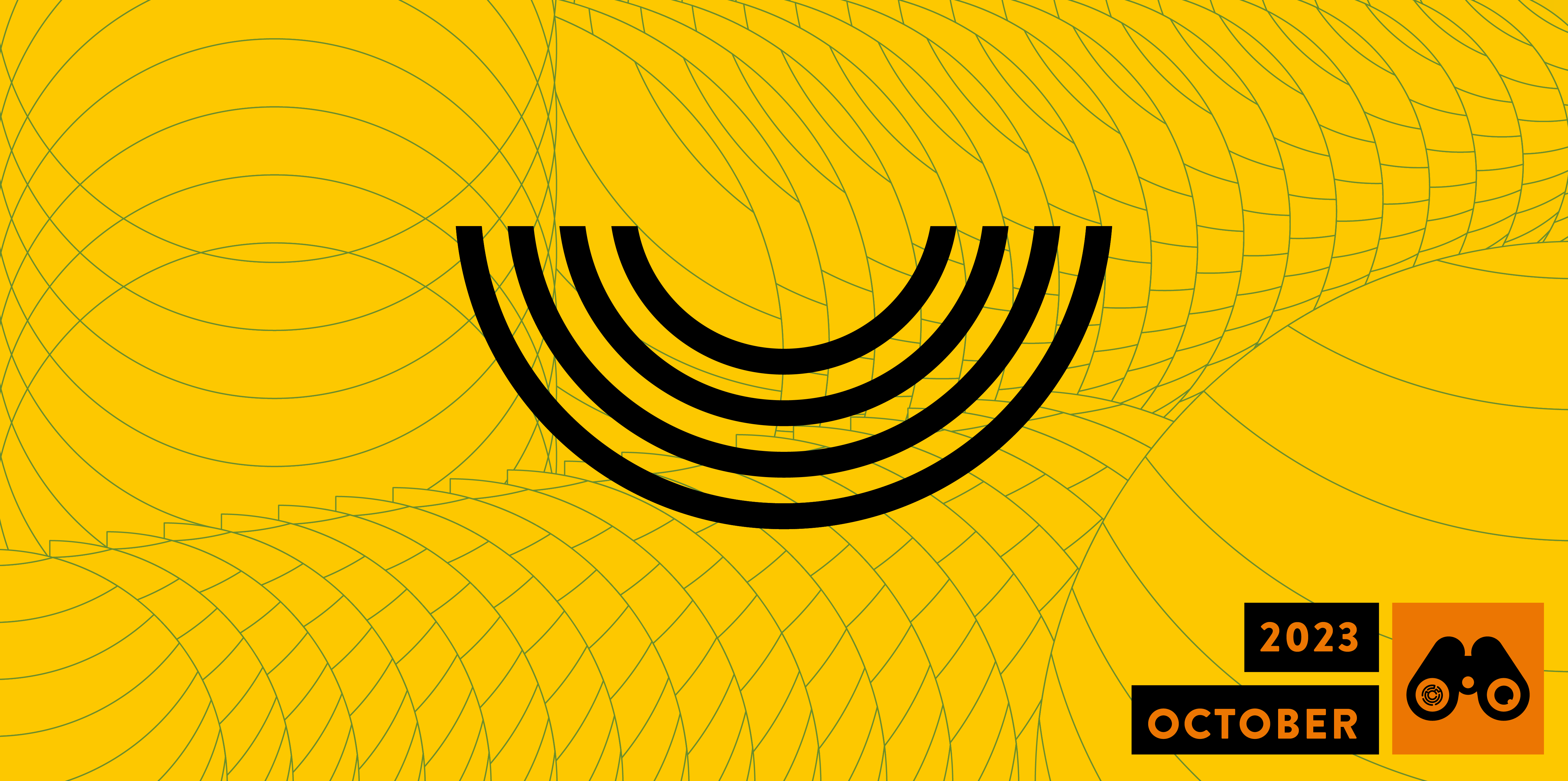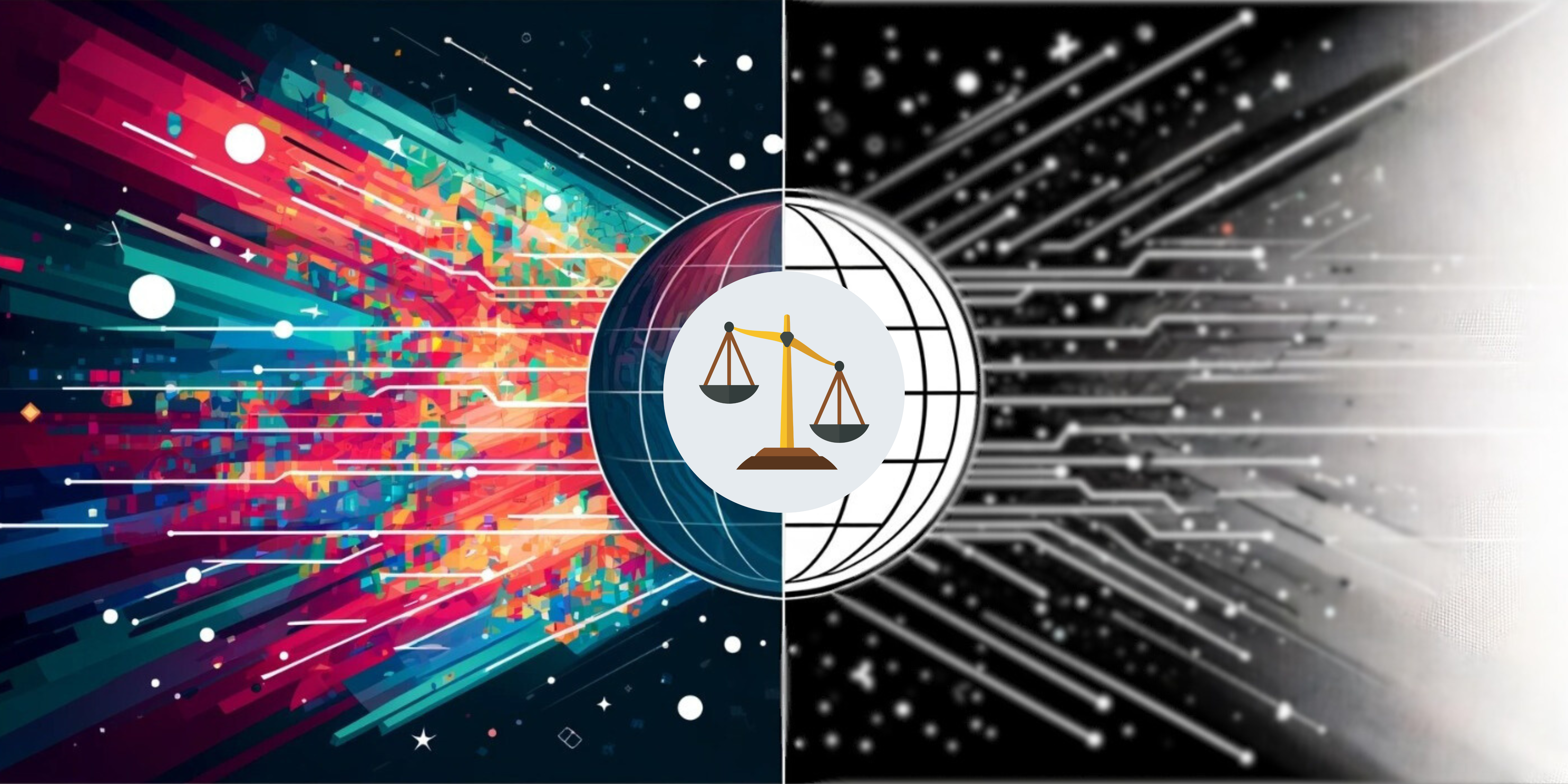The Iranian government recently passed a major law that affects the digital rights of its citizens. The law, known as the Seventh Development Plan, includes a controversial component called the ‘Lifestyle Assessment System’, which allows the government to spy on people’s personal information.
This report analyzes the Seventh Development Plan law, its specific clauses, and how it will affect the digital rights of Iranian citizens.
The drafted bill states that the government will legally gather and share all personal information of citizens – such as shopping, travel, and financial activities – on a single digital platform among all government bodies, and this information will be processed by a program named ‘Lifestyle Assessment.’
This decree infringes upon the privacy of citizens and accesses their life information without their consent.
In the table below, you will find clauses related to the People’s Lifestyle Assessment System and the digital section of the Seventh Development Plan bill, which were ratified between 9th Shahrivar and 9th Mehr 1402 [corresponding to late August to early October 2023].
This table lists the legal provisions that require different government bodies to collect citizens’ data, and assigns each of them the duty of obtaining certain kinds of data.
The bill also specifies the human resource training needed for working in these sectors and the National Information Network, the domestic intranet which offers a data sharing platform – and is independent from the global internet. Moreover, the National Cyberspace Center is established as the ‘main focal point of policy-making’ in the cyberspace domain, which everyone must follow.
All of these signify an expansion of the government’s power in enacting restrictive laws, while simultaneously monitoring citizens’ everyday behavior within a legal framework.
| Article, clause, or subsection | date | Description of the decree |
| Subsection 5 of Clause ‘D’ of Article 48 | October 14, 2023 | The Ministry of Communications is authorized to establish a national platform for the distribution of goods and products, to be operated by the private sector. This platform will be connected to the postal system. |
| Clauses ‘A’ and ‘B’ of Article 108 | October 25, 2023 | All ownership documents (excluding motor vehicles) shall be registered in an electronic database known as the ‘National Registry of Cadastral Documents and Properties’. |
| Clause ‘A’ of Article 103 | October 24, 2023 | The Ministry of Communications, in collaboration with the Ministry of Intelligence, the Intelligence Organization of the IRGC, the Passive Defense Organization, and utilizing companies and institutions licensed or certified for secure auditing by the Iranian Information Technology Organization, shall provide cybersecurity services for executive agencies. |
| Article 64 | October 16, 2023 |
|
| Addendum to Article 107 | October 25, 2023 | All ministries and government administrative organizations must submit a digital transformation plan. |
| Clause ‘P’ of Article 107 | October 25, 2023 | The Ministry of Communications must prepare and implement programs for a ‘Data-Driven Governance System’ |
| Clause ‘A’ of Article 107 | October 25, 2023 | Government organizations and ministries (excluding the Atomic Energy Organization, Ministry of Intelligence, and Armed Forces) must connect to the integrated cloud infrastructure of the Smart Government. |
| Clauses ‘ZH’ and ‘S’ of Article 85 | October 22, 2023 | The Ministry of Communications must block the SIM cards of deceased individuals, prisoners, and non-Iranian nationals who have left the country (with or without a judicial order). |
| Clause ‘B’ of Article 77 | October 21, 2023 | The Ministry of Communications is obliged to provide the necessary bandwidth and facilities for public access to networks and programs of the national radio and television on the National Information Network platform. |
| Clause ‘A’ of Article 115 | October 25, 2023 | Detailed medical services, and the citizens’ law enforcement and judicial information should be made available on an online platform. |
| Clause ‘A’ of Article 114 | October 25, 2023 | Property documents and their processes should be registered in the online system. |
| Addendum 1 to Article 65 | October 16, 2023 | The National Center for Cyberspace is the focal point for policy-making in various matters related to cyberspace, and all agencies must comply with it. – The Supreme Council of Cyberspace must develop the ‘Strategic Document of the Islamic Republic of Iran in Cyberspace’. |
The rest of this report will cover the most significant news on internet policy-making from September 1 to October 1, 2022.
President Raisi Orders a Review of Filtering Policies with Stakeholders’ Input
Shargh newspaper reported that President Ebrahim Raisi has instructed a review of filtering policies, with the participation of stakeholders from the government and the judiciary.
Online System to Collect and Store Data of Vehicles and Drivers, Approved by Government Cabinet
The Peyvast website reported on October 9, 2022 that the Raisi administration’s cabinet has passed the rule of Article 4, Clause “K”, Note 10 of the 2022 budget law. This rule states that the data and records of motor vehicles – such as ownership status, accident history, technical inspection, and records of people associated with these vehicles – are to be collected in an online system.
National Cyberspace Center Approves Vision Document to Hold Users Accountable for Online Content
ISNA news agency reported on October 17, 2022 that the National Cyberspace Center announced its High Commission for the Promotion of Content Production has approved a vision document to hold users accountable for their online content. The idea of user accountability was first introduced by Abolhassan Firouzabadi, the former Secretary of the Supreme Council of Cyberspace, in December 2018. He proposed that all internet users should have their identities verified beforehand; a proposal that resulted in the creation of a tiered internet system.
Updating the List of Criminal Content: Engaging in or Assisting with Gambling is a Crime
Digiato reported on October 11, 2022, that the list of criminal content now includes online gambling, based on Articles 705 to 711 of the Fifth Book of the Islamic Penal Code. This law states that any online activity involving gambling, betting, or lottery is a crime. Moreover, running any online platform for such activities is also a crime.
‘Payam’ Airport Becomes the Hub for Data Centers in the Country
According to ISNA news agency, dated November 28, 2022, the special zone of Payam has been introduced as the first and only data center hub in Iran.
Implementation of Electronic Signature in the Document Registration System
Peyvast reported on October 9, 2022 that the National Document Registration Organization started electronic signature services with the help of Adanik Company (a provider of electronic signature and facial recognition services, as explained in Filterban). This system enables the signing and tracking of contracts in the real estate and company registration sectors.
Plan for the Construction of ‘Shahid Soleimani Telecommunications Satellite Constellation’
The Iranian Space Agency’s chief, Hassan Salarieh, told Mehr news agency on October 10, 2022, that they plan to build and launch the ‘Shahid Soleimani Telecommunications Satellite Constellation’ by 2024. This satellite system will offer ‘narrowband’(BarikBand) internet services for the Internet of Things.








